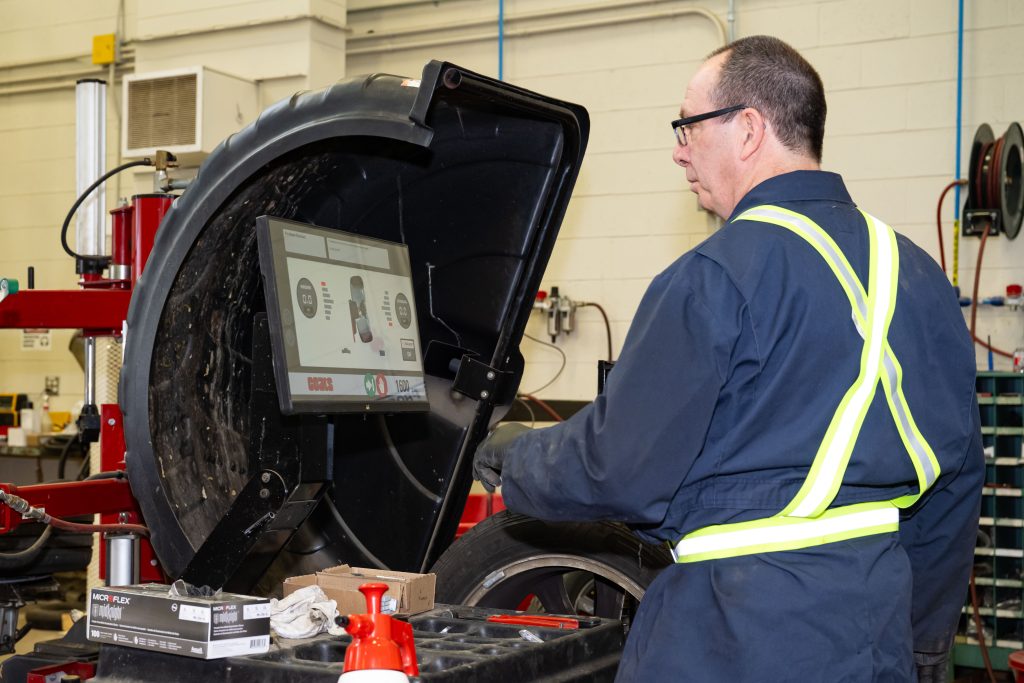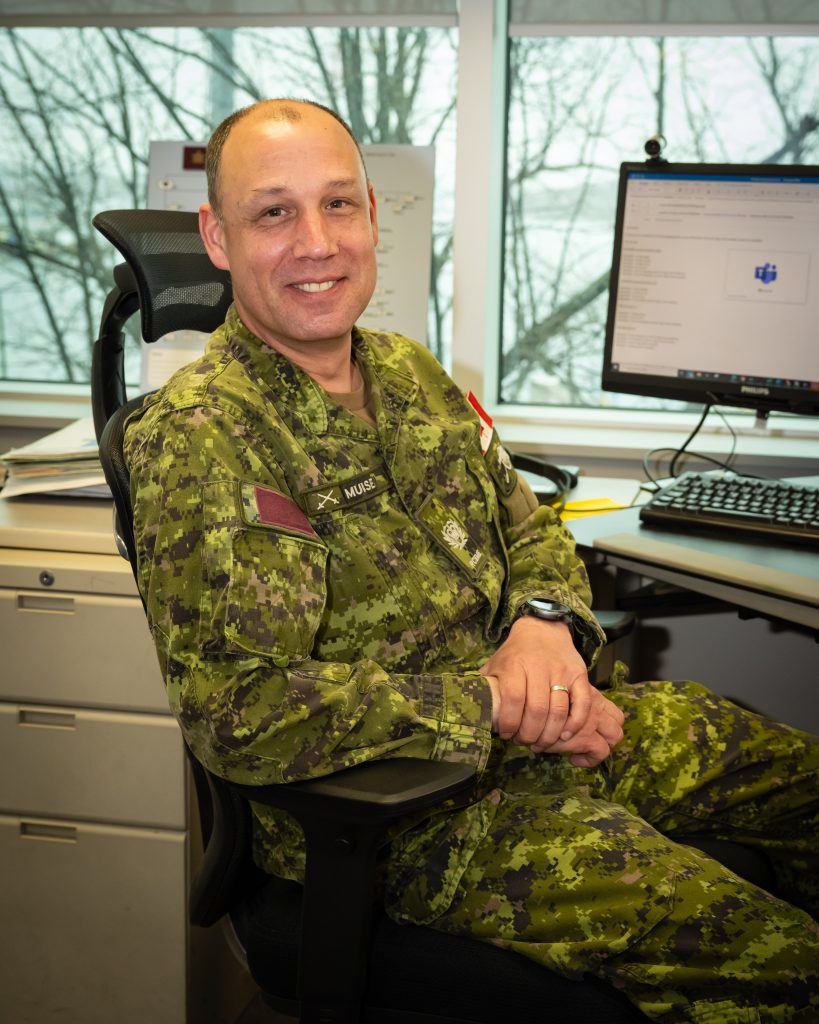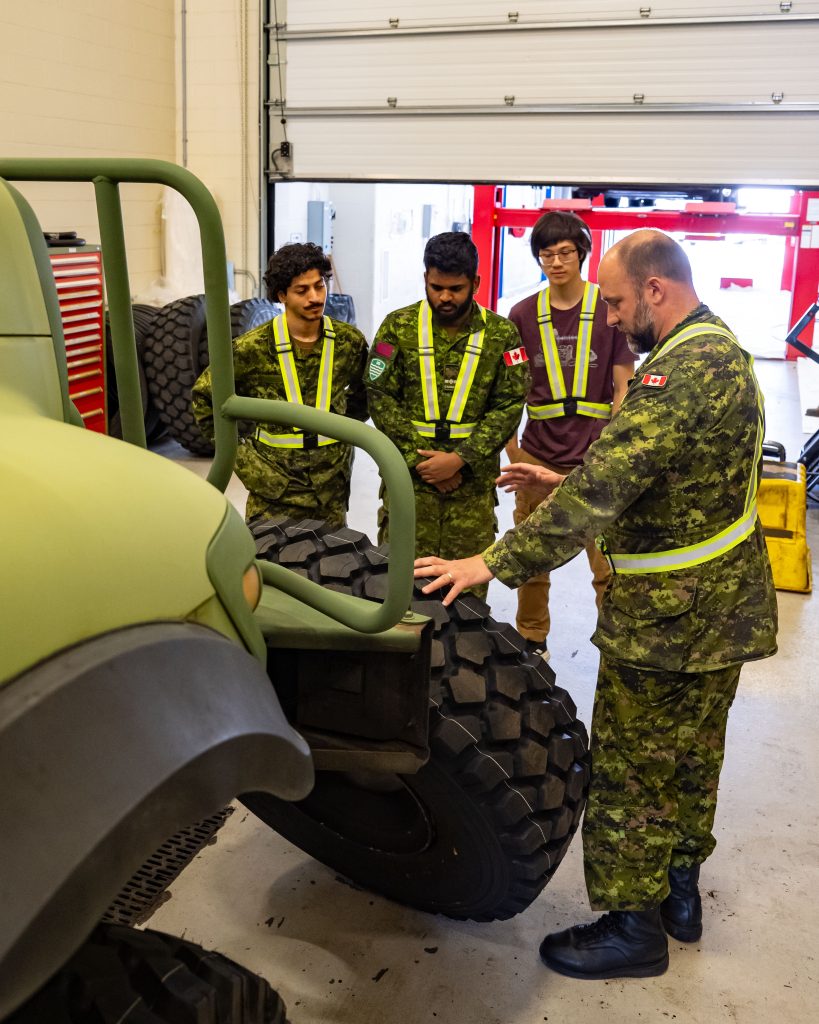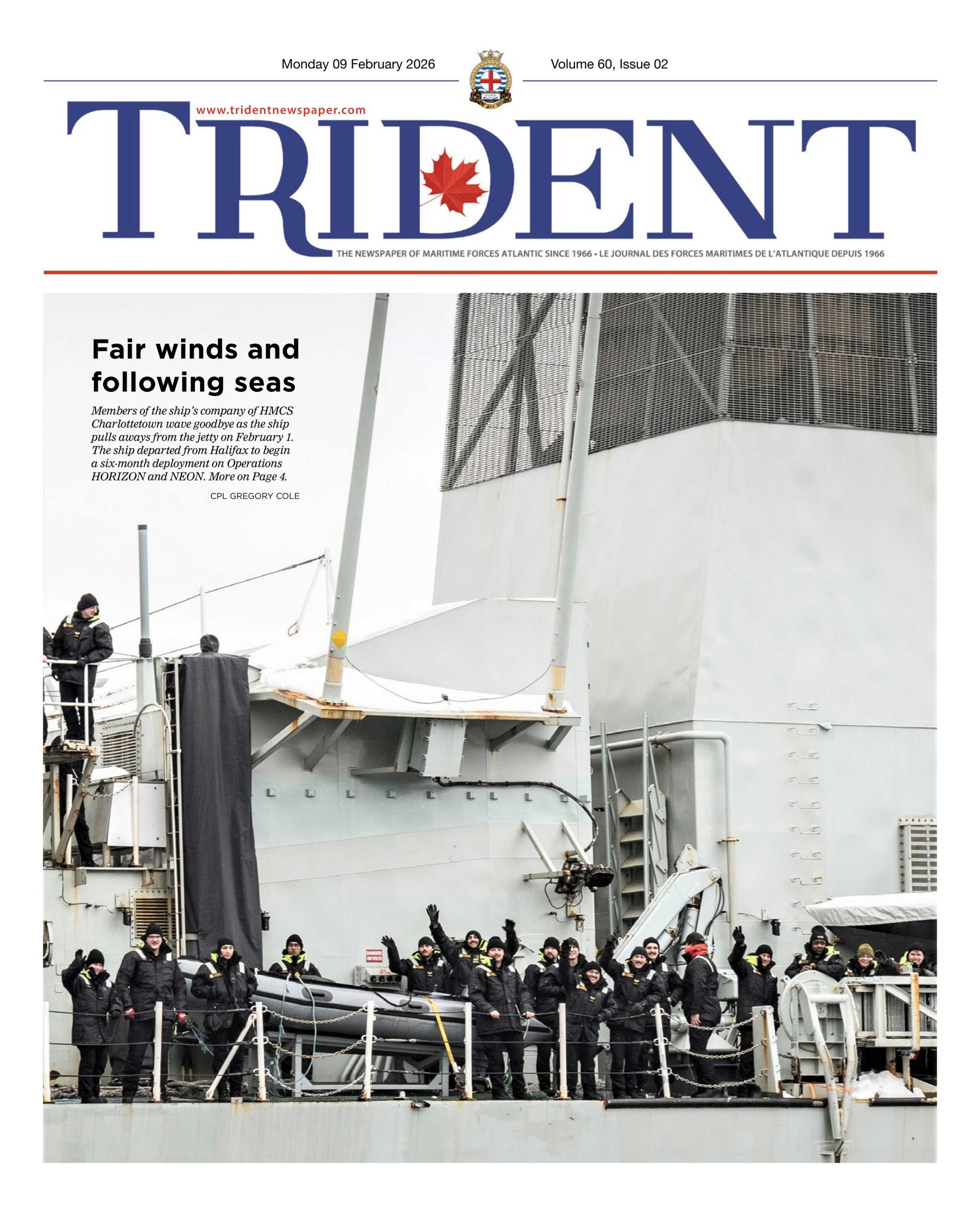
Turning the wrench on Army modernization
By Corporal Brad Upshall,
5th Canadian Division Public Affairs

CPL BRAD UPSHALL
Maintenance backlogs have become commonplace for Vehicle Technicians in the Canadian Armed Forces. With a growing list of demands, sophisticated vehicles and fewer resources, it poses increasing challenges to meet growing operational demands.
Enter Master Warrant Officer (MWO) Chester Muise. As the Equipment Technical Sergeant-Major with 5th Canadian Division, he sought out to identify a solution to help alleviate growing stress within the trade.
“A large component of my position involves meeting with Workshop Managers frequently to discuss the difficulties they deal with,” explains MWO Muise. “We need to challenge ourselves to be more efficient in every aspect, without compromising safety. So, we have to ask ourselves: is there a better way for us to do business?”
Consulting with his peers, it became apparent to MWO Muise that military vehicle inspections were longer, more in-depth and time-consuming than the civilian standard. He noted that military inspections were required every 12 months, while the Nova Scotia standard is 24 months. Calculating that the average inspection takes approximately four hours to complete, MWO Muise knew that there had to be a better way.
“If military vehicle inspections were required once every 24 months, it would free up approximately 11,000 total hours for our Vehicle Technicians across the Canadian Army,” MWO Muise concluded. “This change would allow the Technicians to focus on higher priority equipment, leading to an overall increase in efficiency and productivity.”
It was not long before MWO Muise was recognized for his contribution with an official ‘Commendation’ from the Army Commander.
“Modernization is a mindset,” stated Brigadier-General Stéphane Masson, Commander of 5th Canadian Division. “Master Warrant Officer Muise’s forward thinking and action will have a significant impact on 5th Canadian Division as our maintenance managers modernize their work processes to remove constraints that they previously faced.”
“It is the collaboration and open lines of communication between members of all ranks that can offer ground-up solutions,” stated MWO Muise. “It is important that we challenge ourselves to not only point out problems but actively offer solutions.”







